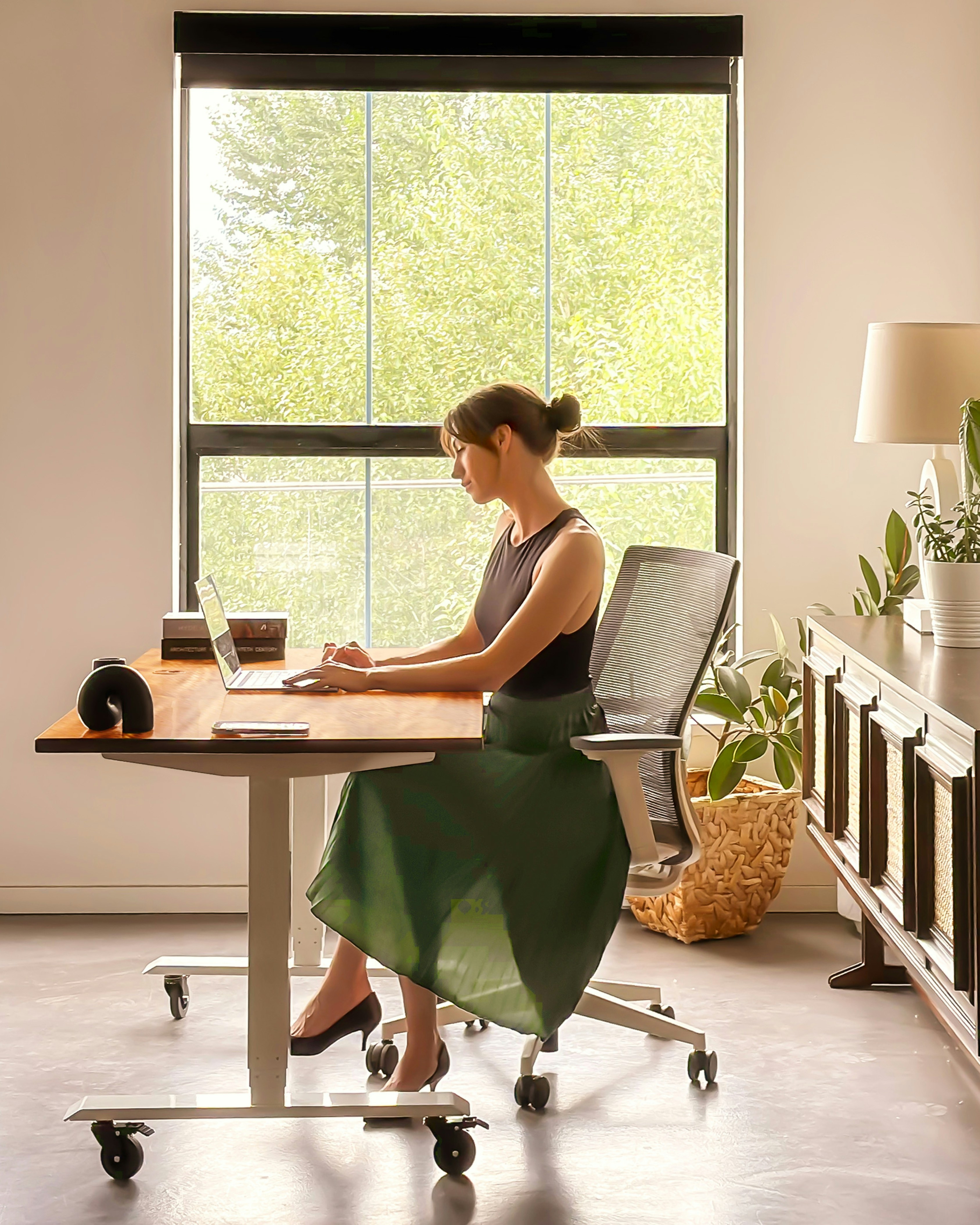
Zurück
Flexible Offices in Berlin: The Guide to Agile Working in 2025
Future of Work
September 11, 2025
•

Coworking, Day Offices, and Flexible Leases in the German Capital
The world of work is changing, and Berlin is at the forefront of this movement. Flexible offices are more than just a trend – they are the answer to the growing demands for agility, scalability, and cost-efficiency. In this guide for 2025, you will learn everything you need to know about flexible offices in Berlin. We will highlight the benefits, the different models, and the best locations for your business.
Why Flexible Offices in Berlin are the Future of Work
Flexible offices offer a range of advantages over traditional leases. They allow companies to react quickly to changes, reduce costs, and attract talented employees. In a dynamic city like Berlin, these advantages are crucial for success.
Cost-Efficiency and Scalability
One of the biggest advantages of flexible offices is cost-efficiency. Instead of being tied to expensive long-term leases, companies can rent exactly the space they need – often with short notice periods. This allows for flexible scaling, depending on growth and project situations.
Access to Premium Amenities and Community
Flexible offices often provide access to high-quality amenities such as conference rooms, high-speed internet, and common areas. In addition, they promote networking and exchange with other companies and professionals, which can lead to new ideas and collaborations.
Attractiveness for Talents
Modern workforces value flexibility and an inspiring work environment. With a flexible office in Berlin, companies can attract and retain top talent who appreciate a healthy work-life balance and a dynamic environment.
The Different Models of Flexible Offices in Berlin
The market for flexible offices in Berlin is diverse and offers the right solution for every need. From coworking spaces to private offices and day offices – the selection is large. Here are the most important models at a glance:
Coworking Spaces: Collaboration and Community
Coworking spaces are the most well-known form of flexible offices. They offer workplaces in open common areas and promote collaboration and exchange among members. In Berlin, there is a huge selection of coworking spaces, from large international providers like WeWork to small, specialized niche providers.
- Ideal for: Freelancers, start-ups, small teams
- Advantages: Affordable entry, high flexibility, strong community
Private Offices: Flexibility with Privacy
For companies that need more privacy and their own lockable office space, private offices in flexible office centers are the ideal solution. They combine the advantages of a private office with the flexibility and services of a coworking space.
- Ideal for: Established companies, teams with confidential data, growing start-ups
- Advantages: Privacy, flexible leases, access to common areas
Day Offices and Meeting Rooms: Flexibility on Demand
For companies that only occasionally need a workplace or a meeting room, day offices and meeting rooms are the perfect solution. They can be booked by the hour or by the day and offer a professional environment for meetings, presentations, or focused work.
- Ideal for: Remote teams, project groups, companies with occasional space requirements
- Advantages: High flexibility, needs-based use, professional equipment
The Best Locations for Flexible Offices in Berlin
Flexible offices can be found throughout Berlin, from the central districts to up-and-coming neighborhoods. The choice of the right location depends on the individual needs of your company.
- Mitte, Kreuzberg, Prenzlauer Berg: These central districts offer a high density of coworking spaces and flexible office centers. They are ideal for companies that value a representative address and good transport links.
- Schöneberg, Neukölln, Wilmersdorf: There is also a growing number of flexible office options outside the S-Bahn ring. These locations are often more affordable and offer a more relaxed atmosphere.
Conclusion: Success with Flexible Offices in Berlin
Flexible offices are the ideal solution for companies that want to succeed in the dynamic Berlin economy. They offer cost-efficiency, scalability, and an inspiring work environment. With a clear idea of your requirements and the support of experts like setting.io, you will find the perfect flexible office solution for your company.




.jpg)
